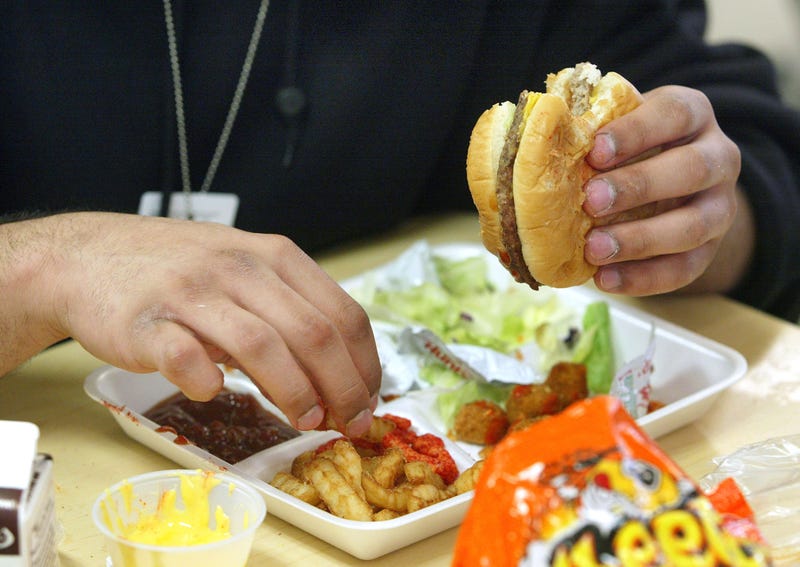
A bill in the Minnesota House would provide free meals for all students–with a price tag of $180 million. After federal subsidies of school meals during the beginning of the pandemic ended, the bill’s author, Rep. Sydney Jordan (DFL - Minneapolis) said hunger plagues many students who can’t afford to pay rising school meal costs.
"One in six Minnesota children is experiencing food insecurity at school,” said Rep. Jordan. “That's not acceptable."
School districts rarely turn children who can’t pay away. They provide the meal, and any debit that a nutrition program builds up as a result is then paid–usually out of the district’s general fund–at the end of year year, according to Noah Atlas, director of nutrition for Anoka-Hennepin Schools, the state’s largest district.
"We want to make enough money so that we're self-sufficient so that we can buy our own ovens and our own food and things like that,” said Atlas, who said his division usually runs about $100,000 in deficit until the district pays it off each year.
Atlas said families fill out applications for free or reduced meal qualifications, and those applications are tracked to follow how many kids in a given school qualify. That is then tied to state and federal funding for more resources. He said some districts saw a shortfall in this kind of funding when the federal government picked up the meal tab for all students, meaning no one had to fill out forms for two school years.
“You saw some districts lose three, five, ten percent of their free and reduced-lunch rate in one year because people didn't have to fill out an application and the long-term affect of that could be much greater because they don't have to fill them out,” said Atlas. “So what ends up happening is you lower the compensatory revenue amount that the state may have to provide which makes there's less service available to students that may need it."
Rep. Jordan said that families who fill out forms for other entitlement programs–including Medicaid–can help track how much compensatory aid schools receive from the state or federal government.
“Minnesota has recently had what is called the medical assistance match, and that has been used as part of the calculation for compensatory aid,” she said.
“We don't want this to look like 'Oh, well, nobody told us' and now it's kind of a switch where 'Oh my gosh, we're on the hook for a large amount of money,” said Atlas. “You have to work on the back side of this, which is making sure we've done our homework in getting these other issues that may pop up solved so that we can run the right way."
Jordan’s bill is on the way to the Education Finance Committee in the House.
"I'm confident we will make sure schools will not lose out on funding as a result of feeding children,” she said.
